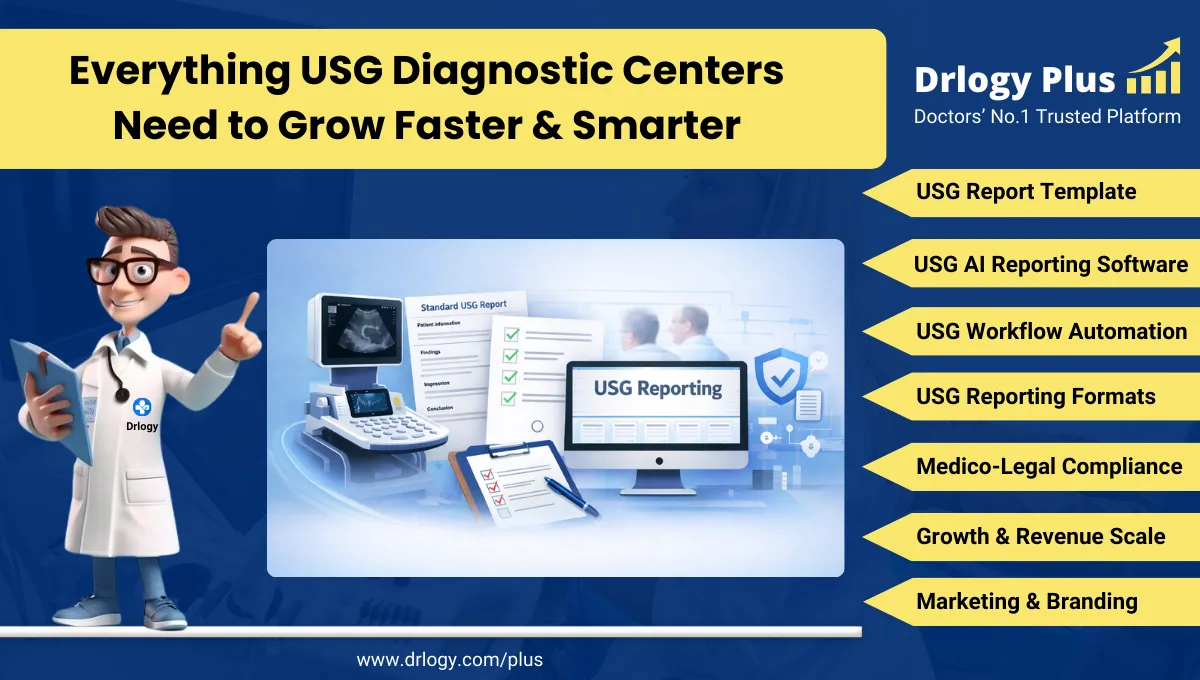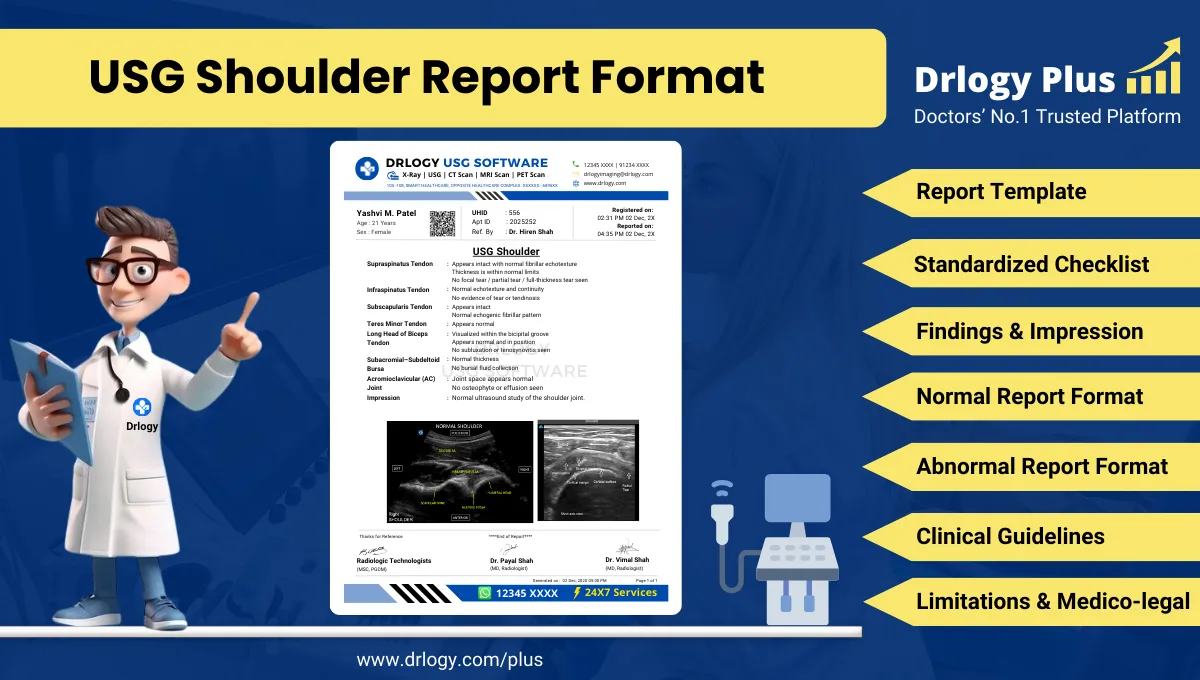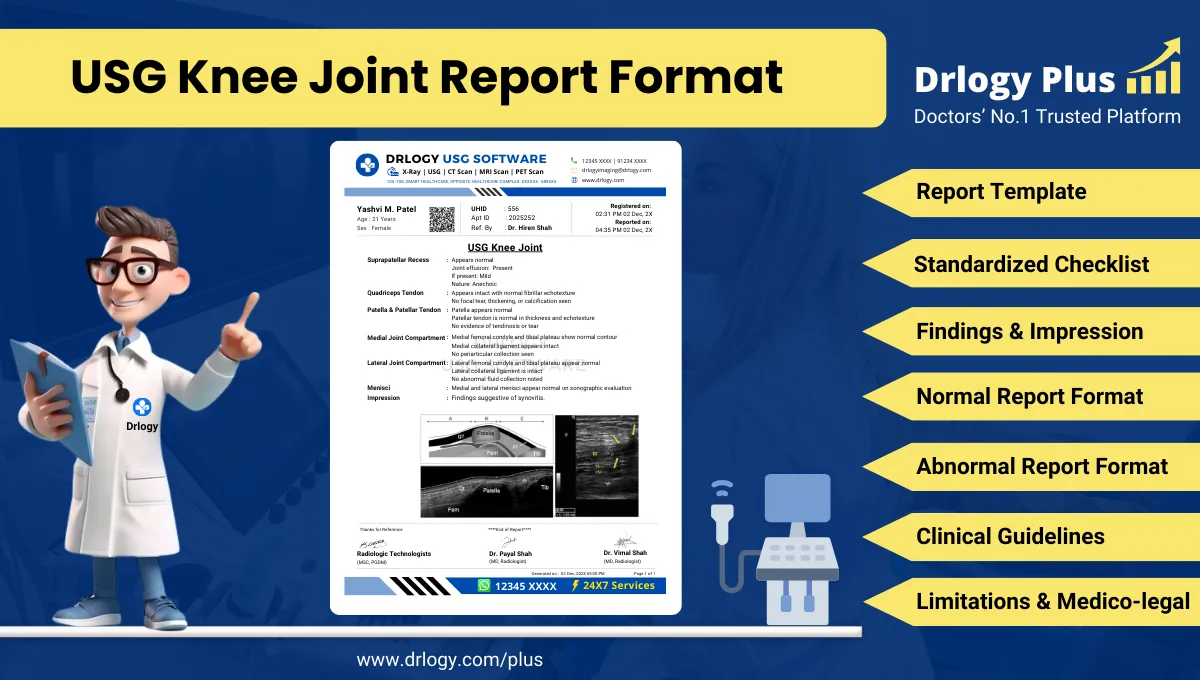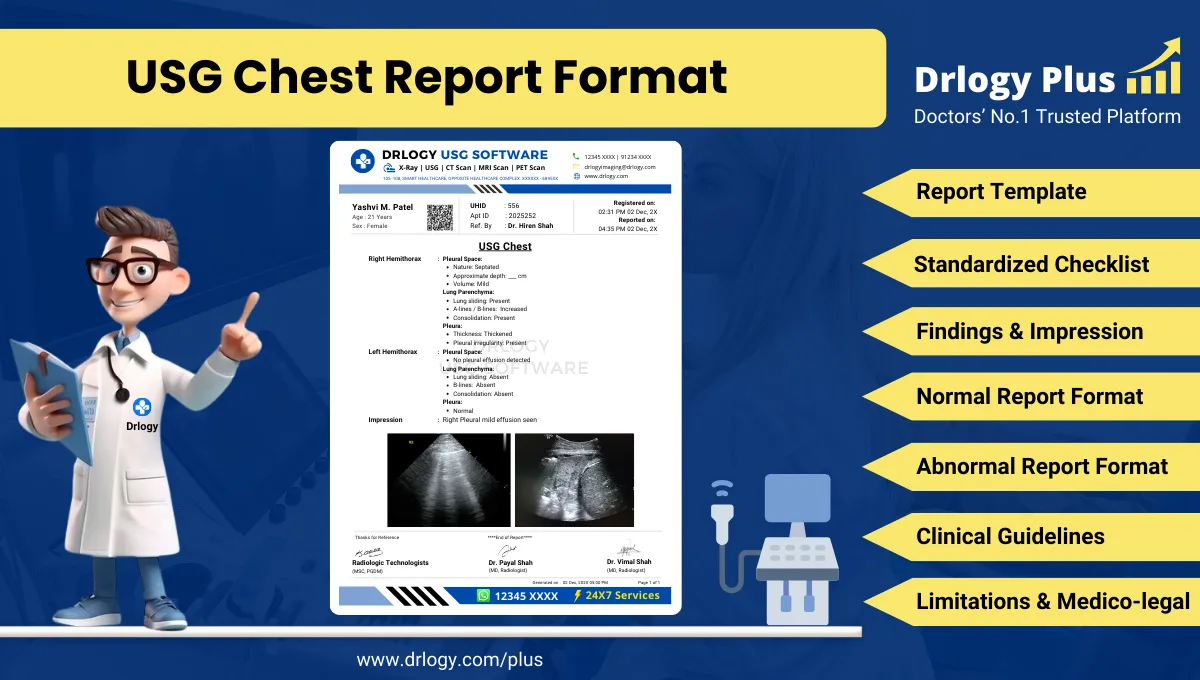
Drlogy
Healthcare organization
Why Patient History Feature Must In MRD Software
Robust patient history features in MRD management software are pivotal for capturing detailed medical, social, and family health information.
Check:
These features empower healthcare providers to make informed decisions and deliver personalized care to patients. Below, explore the essential patient history features for optimizing MRD management software.
Check:
10 Best Patient History Features for MRD Management Software
Check 10 Best Patient History Features for MRD Management Software.
1. Detailed Past Medical History
- Records comprehensive past medical conditions, surgeries, and treatments.
- Provides chronological organization of medical events for clarity.
- Allows healthcare providers to add annotations and updates.
- Integrates seamlessly with existing EHR systems to consolidate history.
- Includes space for detailed descriptions of past health issues.
2. Family Medical History
- Captures detailed information about the medical history of immediate family members.
- Helpsentify genetic predispositions and hereditary conditions.
- Allows for visual mapping of family health history.
- Supports updates and additions as new information becomes available.
- Facilitates better risk assessment and preventive care strategies.
3. Social History Documentation
- Records information about lifestyle factors such as smoking, alcohol use, and exercise.
- Includes fields for occupation, living situation, and marital status.
- Tracks social determinants of health that impact patient care.
- Provides a holistic view of the patient’s social context.
- Enables customization to capture relevant social history details.
4. Comprehensive Medication History
- Documents all past and current medications, including dosages and frequencies.
- Tracks over-the-counter drugs and supplements.
- Provides alerts for potential drug interactions and allergies.
- Supports electronic prescribing and refill tracking.
- Enhances medication management with detailed history records.
5. Immunization Records
- Maintains up-to-date records of all vaccinations received by the patient.
- Includes dates, types, and lot numbers of vaccines.
- Alerts for upcoming or overdue vaccinations.
- Integrates with public health databases for verification.
- Provides printable immunization summaries for schools or travel.
6. Allergies and Adverse Reactions
- Captures detailed information on all known allergies and adverse reactions.
- Includes severity, onset date, and notes on specific reactions.
- Provides alerts to healthcare providers about potential allergens.
- Updates in real-time with new allergy information as it becomes available.
- Enhances patient safety by avoiding known allergens.
7. Surgical and Procedural History
- Records details of all surgeries and medical procedures undergone by the patient.
- Includes dates, types of surgery, and any complications.
- Allows for notes on recovery and long-term outcomes.
- Integrates with hospital systems to pull procedural records automatically.
- Provides a comprehensive view of surgical history for better treatment planning.
8. Reproductive and Sexual Health History
- Documents reproductive health details such as pregnancies, births, and menstrual history.
- Includes information on contraception use and sexual health screenings.
- Tracks conditions related to reproductive health, like PCOS or endometriosis.
- Supports patient confidentiality with restricted access options.
- Provides critical information for reproductive health management.
9. Mental Health and Behavioral History
- Records past and current mental health conditions and treatments.
- Tracks therapy sessions, psychiatric evaluations, and medication history.
- Provides space for notes on behavioral health assessments.
- Includes screening tools for mental health disorders.
- Integrates with behavioral health systems for comprehensive care.
10. Diagnostic and Test History
- Maintains a record of all diagnostic tests and results.
- Includes lab tests, imaging studies, and other diagnostic procedures.
- Provides timelines and trends in diagnostic data for analysis.
- Integrates with lab systems for automatic updates.
- Enhances diagnostic accuracy with a detailed test history record.
Drlogy MRD Management Software Features Guide
Check the Top 14 features of MRD Management Software Your Hospital Should Have.
| 1. Patient Registration | 8. Mobile App |
| 2. Patient Record | 9. Consent Management |
| 3. Patient History | 10. Patient Feedback |
| 4. Data Security | 11. Patient Education |
| 5. Data Management | 12. Patient Reporting |
| 6. Patient Portal | 13. Billing |
| 7. EHR | 14. Data Analytics |
Summary
Overall, Including these patient history features in MRD management software is indispensable for enabling informed decision-making and delivering personalized care, ultimately enhancing patient outcomes.
Check Drlogy MRD Management Software Features Guide for efficient inpatient management and enhanced patient care for your clinics and hospitals for patient management.




